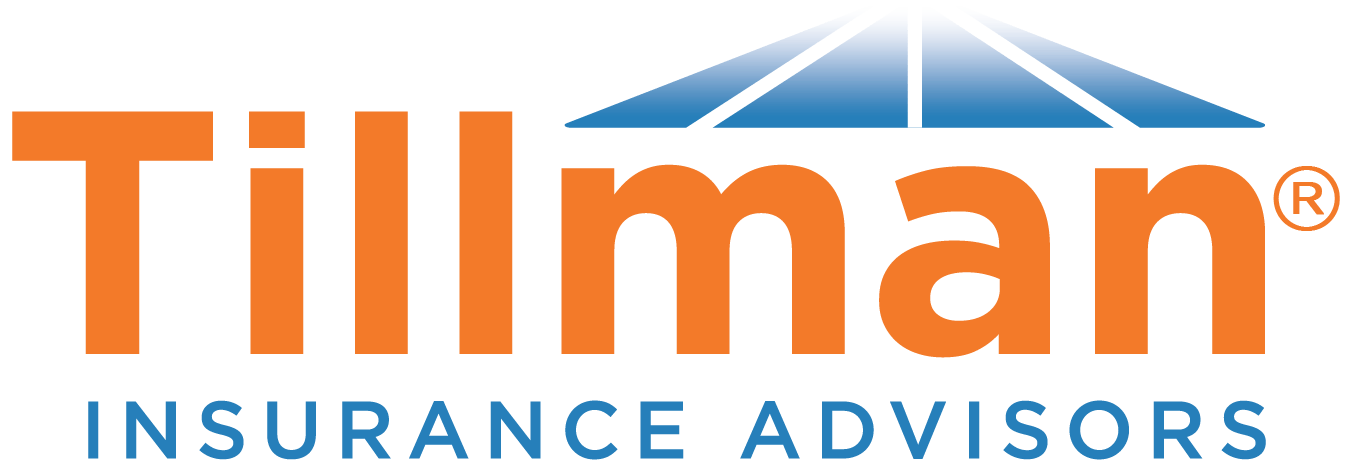- Exactly What You Need.
- (704) 558-7433
- (704) 960-1860
- hello@tillmaninsadv.com
5 Top-Notch Ways To Spend Your Next Insurance Budget

Life Insurance Tips For First Time Buyers
August 25, 2021
4 Life Lessons about Auto Insurance
October 28, 2021
To protect your business against both internal and third-party damage that may cripple your daily routine, you must subscribe to the right insurance policy. Paying an insurance premium might seem expensive for you, especially if you have a small business. However, insurance budgets ensure that your company is covered against unexpected occurrences that can put the survival of your business at risk. The question is, how do you know what type of insurance your business needs?
As a rule of thumb, insurance experts advise that 20-30% of your predicted gross sales should go into your business insurance budgeting. Your business insurance coverage indemnifies your company against financial loss and material damage that may occur in the course of your regular business operation.
To spend your money wisely, here are five types of insurance your business should get;
1. General Liability Insurance
This policy protects your business against a lawsuit that may occur due to personal harm. General liability insurance is third-party insurance that covers claims of advertising injury, property damage, and bodily injury sustained by people outside of your company concerning your product or services.
The injury may be suffered by people while using your product. If you are a contractor, general liability insurance is essential for your business.
2. Property and Business interruption insurance
Businesses with large and expensive equipment or furnishing in their shop or business building need property insurance. Business interruption insurance covers the loss you incur if you cannot carry out your business due to a disaster of any kind.
Therefore, property and business interruption insurance is comprehensive insurance which you can claim if, say, for instance, your business is flooded. You cannot carry out operations for some days.
3. Workers Compensation Insurance
This covers claims and lawsuits by workers who are injured on the job. Workers’ compensation insurance covers medical care, rehabilitation of injured workers, disability, lost wages, or work-related illness, as well as a death benefit to the dependent of an employee that dies while carrying out their duty.
Workers comp coverage protects employers against a lawsuit from their workers in the case of employment-related injury. As long as you have employees working for you, you need a workers’ comp policy in place for you and your workers.
4. Commercial Automobile Insurance
Commercial auto insurance is a liability insurance policy that covers the damage incurred if your business vehicle, like trucks, cars, or vans, is involved in an accident. It covers medical expenses, vehicle damage, and driver’s injuries from a collision, but it may also cover vehicle theft, vandalism, and legal cost involving your business vehicle.
Commercial automobile insurance also covers damage to other vehicles during collision and damage to a property or a person caused by your business vehicle.
5. Errors and Omission Insurance (E&O)
Errors and omission insurance or E&O is a form of insurance that protects your business against claims of negligence or oversight. For businesses that offer professional services like lawyers, doctors, and stockbrokers, E&O is also known as the professional liability insurance that protects against loss that clients may incur due to the advice or service rendered.
E&O also covers the cost of court settlements and judgments relating to claims of delay in product delivery or professional mistake.
Conclusion
Having comprehensive insurance coverage in place not only protects your business, but it is also one of the requirements before some contractors hire you.
However, it is essential to enquire about the details of an insurance policy from expert insurance advisors. The knowledge of your insurance policy can help you save money on premium as long as offer the adequate protection your business need.




